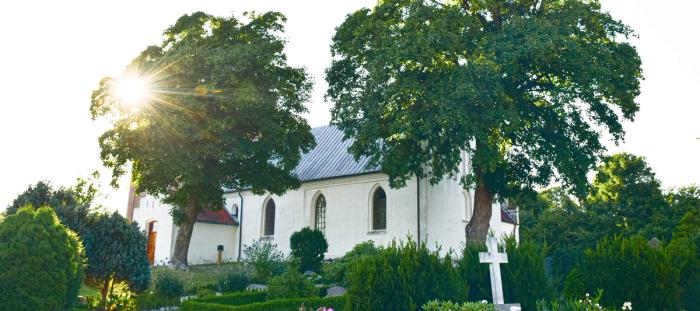I spent a lot of years believing the gospel was, “Follow your dreams!” God wants you to live out your full potential, they told me. So, despite having no plan, no money, no life experience, and no expertise, I quit college and moved to Los Angeles to follow my dreams. (More like follow my boyfriend. And the sunshine. Dreams are loosely defined at age 20.)
I left the church shortly after that, weary from all that work of dream-chasing, tired of feeling like a failure.
When I ultimately encountered the true gospel, it was radical Christianity that beckoned me. Pastors and authors invited me into a life that rejected the American dream and embraced the complete surrender of my time and resources. I sold what I could and put my house on the market, certain that my next step of faith would catapult me into a life of radical obedience (and extraordinary experiences).
And really, it did. But not in the ways I imagined.
Marriage, parenting, and life and ministry in a local church—I never would’ve applied “complete surrender of my time and resources,” “radical obedience,” and “extraordinary experiences” to these ordinary aspects of life. Yet here I am, poured out like an offering, and—when I’m willing to step back and see it—blessed.
A Life of Plain Things
One Christmas, my sister gave me a simple gift: a picture frame containing the words to John 21:25. We share a love for words, and these are among our favorites:
Now there are also many other things that Jesus did. Were every one of them to be written, I suppose that the world itself could not contain the books that would be written.
Besides the personal encounters and miracles that happened during Jesus’ public ministry that weren’t recorded, he lived 30 years in obscurity before emerging into the public eye. “What in your life won’t be recorded?” my sister asked in the accompanying note, “Far more than for Jesus. We do not need to fill volumes with great words or great deeds.”
Though many of the mundane moments of Christ’s life were not recorded, they also were not wasted. As he “grew in wisdom and stature, and in favor with God and man” (Luke 2:52), and as he obeyed perfectly every aspect of God’s law (1 Pet. 2:22), he did so on our behalf, earning righteousness for his people (1 Cor. 1:30). Christ was building his church, redeeming a people for himself.
“We are the great things—the plain things—Jesus did that I suppose even the whole world would not have room for,” my sister wrote. “I promise that is all we need.”
God Works in the Plain Things
I love the Old Testament story of Moses. I resonate with his zealous activism—though he assumes himself to be the liberator of his people, he’s met instead with rejection, isolation, and exile (Exod. 2:11–15; Acts 7:25). He’d lived in luxury among Pharaoh’s household, but then he flees to the wilderness and becomes a no-name husband, dad, and shepherd—an occupation his Egyptian upbringing considered detestable (Gen. 46:43; Exod. 3:1).
I wonder how long it took for his resentment to subside. I wonder when he stopped beating himself up or analyzing where he took a wrong turn. I wonder when humility took root in his heart. I bet he didn’t notice. I’m guessing he didn’t realize he was ready to be used by God—it was just the process of time, the unnoticed work of God in his heart. And one day, he found himself standing on holy ground.
This is most often how God works: not with major benchmarks, but instead by causing faithfulness to take root, day by day, as we learn to depend on his grace to persevere in ordinary life. Through diaper changes and dirty dishes. Through boring jobs and forgotten dreams. Through mistakes and failures and less-than-impressive passing moments. Through the plain things.
How to Embrace the Plain Things
Most days, I resent the plain things. I long for adventure and meaning, and I’m certain those things aren’t found here, in my ordinary workweek. I start to feel a little frantic, wondering what I’m doing with this life God has entrusted to me. I wonder how I ended up here, and is this really where I’m meant to be? I grasp for opportunities while restlessness lingers beneath the surface. I’m certain I’m in between, always ready for the next thing.
But if I look at the plain things as something to endure to get to the “good stuff,” I’ll miss what the Lord has put before me right now—little hearts he’s shaping right in front of my face; the adventure to be found as I live in gratitude and wonder; the ways he wants to work in my heart right now. I’ll miss the good works he’s appointed for me, and the grace he’s promised for me to walk in them (Eph. 2:10).
If I stop fighting against this ordinary life appointed for me—even the one filled with dirty dishes and sticky fingers—I start to realize I’m not waiting. I’m living. The plain things are what make up a life. The in-between times are really the times. And we have a God who has promised to be at work in all of it, working for our good and accomplishing his glory (Rom. 8:28).
Wholly dependent on his grace, we can lean into the plain things, believing that even in these mundane moments, we’re standing on holy ground.






